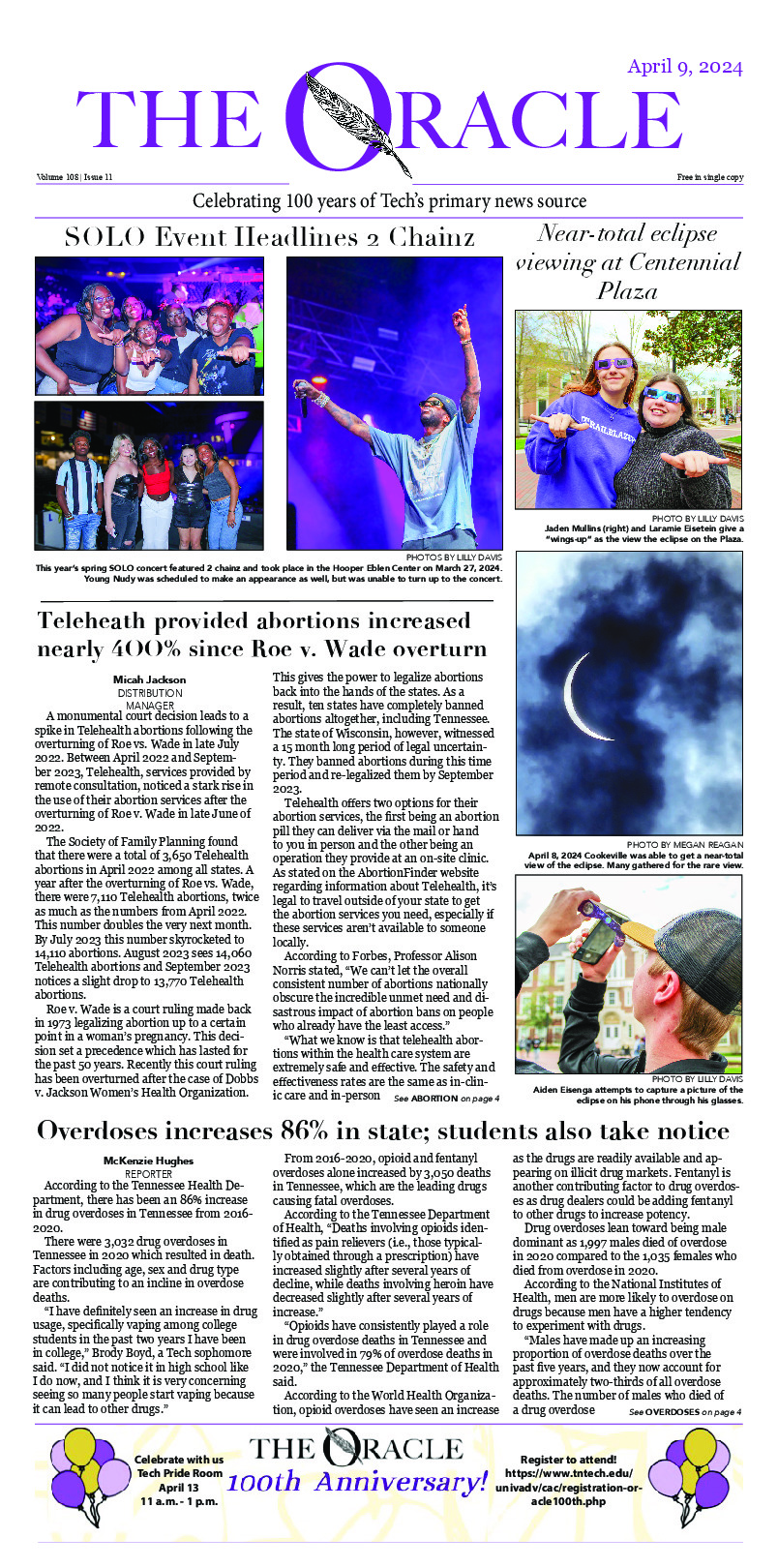Life is a perilous adventure. Every second of every day, we are exposed to numerous risks, both from nature and man. As technological advancements make travel more accessible, our world becomes ever smaller. We have the ability to keep in touch with events happening on the other side of the globe, but with this greater freedom comes the knowledge of innumerable threats.
Take the zika virus, for example. The virus was first identified in 1952 as a rare mosquito-borne disease from Uganda. Its characteristics include flu-like symptoms, rash, conjunctivitis and arthralgia, or pain in the joints. The virus had never taken anyone’s life, and in fact many did not consider its appearance worthy of a hospital visit. It made an occasional appearance in Africa and Southeast Asia, but its influence was confined.
Then in April 2015, the zika virus made its debut in international headlines. A case was confirmed in Brazil, the host of the 2014 FIFA World Cup. The disease likely traveled with spectators who had come to watch the big game, and these carriers began to share the virus with a worldwide audience.
This may have been a cause for concern, but no true threat to life. However, new mothers had begun to report cases of microcephaly to Brazilian health authorities. This condition, which causes babies to be born with abnormally small heads and hinders brain development, was linked to the zika virus when scientists discovered traces of zika in the amniotic fluid surrounding fetuses with microcephaly. The number of reported cases of microcephaly in Brazil for 2014 was 147. This number rose to 3,500 reported cases between October 2015 and January 2016.
We the public had a choice. We could shut ourselves into our houses and feed our fear of the next Black Plague. Or we could carry on with life as usual, plus a little more bug spray.
Worldwide epidemics are the least of South Korea’s concerns. On a regular basis, South Korea is bombarded with threats of attack by its Northern counterpart. Just over the borders, North Korea lurks in mystery, communicating only to boast of its possible hydrogen bombs and other weapons of mass destruction. Do the Koreans cower in fear and dig bomb shelters in their backyards? They do quite the opposite: they display the ultimate act of true courage. They carry on with their lives as usual in an act of civilized defiance against this enigmatic foe.
Even Anne Frank refused to surrender to her fear when she was hidden away from the Nazis for over two years. When struggling with her panic, she turned to her studies. She made the conscious decision to prepare for her future, despite the grim odds against her life ever returning to normalcy.
Compare these feats of courage to the acts of cowardice that are broadcast, even encouraged, every day by our society. Reality television highlights the hoarders and apocalyptic doomsayers. Facebook friends huddle together on cyberspace to wring their hands and discuss the fate of our doomed world.
Meanwhile, the sun is shining. People are aging, day-by-day, hour-by-hour. While we fret over circumstances that we cannot change, our worlds are moving without us. We could close ourselves up in a closet to worry, but the truth is that our worst fears may come to pass no matter how far we run.
Many Americans dread that the next president will be unable to lead our country through the innumerable looming crises we face. We work ourselves into a frenzy imagining our nation spearheaded by an incompetent or power-hungry ruler. We have forgotten the secret to overcoming fear: taking life one step at a time and trusting in a picture greater than ourselves.
This could be the secret to a good life. We cannot control our circumstances. We can go vote for our favorite presidential candidate. We can avoid traveling to Brazil and wear extra bug repellant. We can even hoard canned goods in our basement and wait for the zombie apocalypse. But in the end, our lives are not entirely within our control. In what do you put your trust?
I have a friend who is constantly worrying about the state of our world. He is always telling me about a new threat or rumored conspiracy in our government. Every day, he seems to be consumed by anxiety regarding the volatility of the world he sees. While his fears are not entirely unfounded, I refuse to allow myself to succumb to the fear of the unknown.
We are spooking at shadows, seeing crises that have not yet arisen and making threats out to be catastrophic. The zika virus, for example, has most recently been definitively linked to microcephaly in only 270 reported cases. North Korea has yet to make good on its threats to the world. And as for Ann Frank, while we know that all of her worst fears came to be truth, we also know that she faced them bravely. She had a choice to either waste her last days spiraling into a pit of despair and fear, or to laugh at her fear and make the most of every day she woke up to.
This world is a volatile, treacherous playground. We can sit out the game. Or we can decide to live every day fully and enjoy the ride, come what may.


